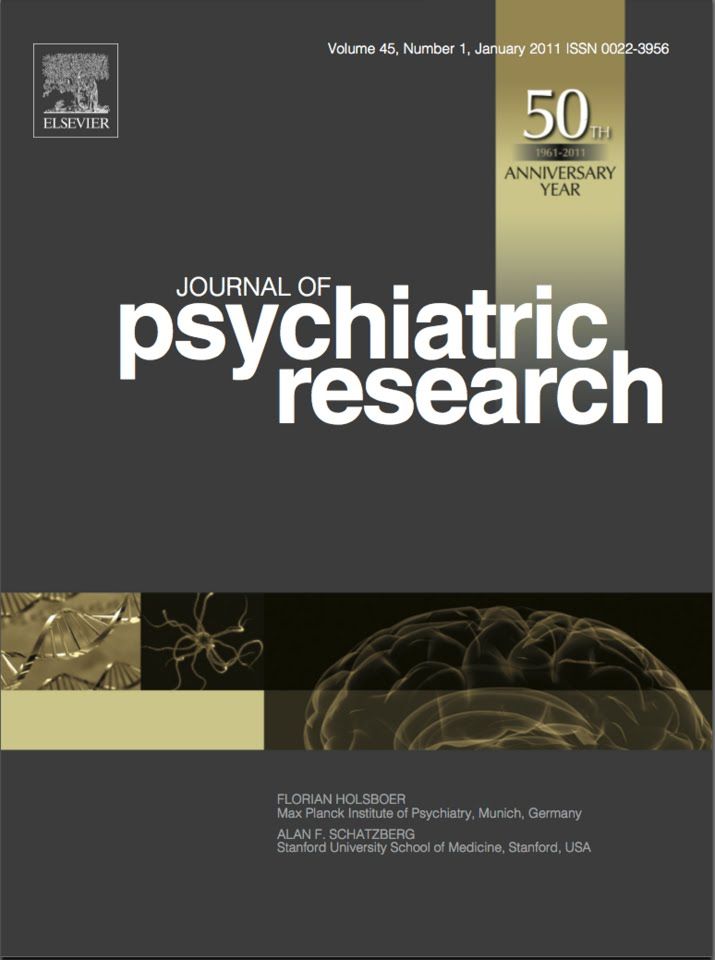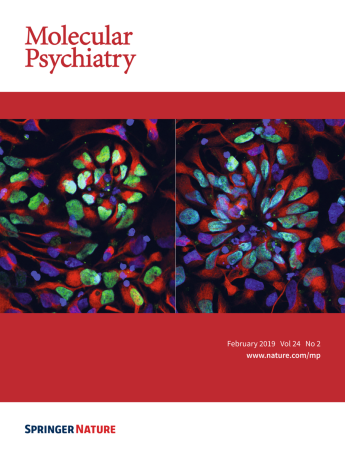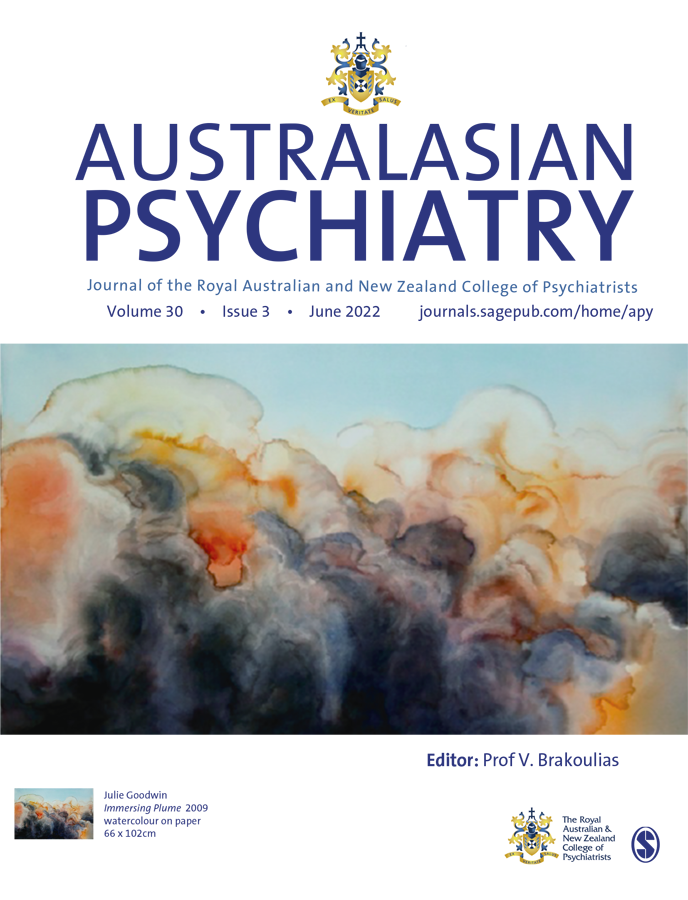& We Certainly Won't Have a Competent Mental Health System If We Don't Understand Developmental Neuro-Inflammation ---
The ECONOMICS & ETHICS of: A MENTAL HEALTH PROFESSION in the MIDDLE of a MAJOR PARADIGM SHIFT8/6/2023
and A SHADOW HEALTHCARE SYSTEM in CRIMINAL JUSTICE
|
Translational Medicine FridayWe're riffing off NPR's Science Friday to create Translational Medicine Friday. Archives
July 2025
Categories |























 RSS Feed
RSS Feed